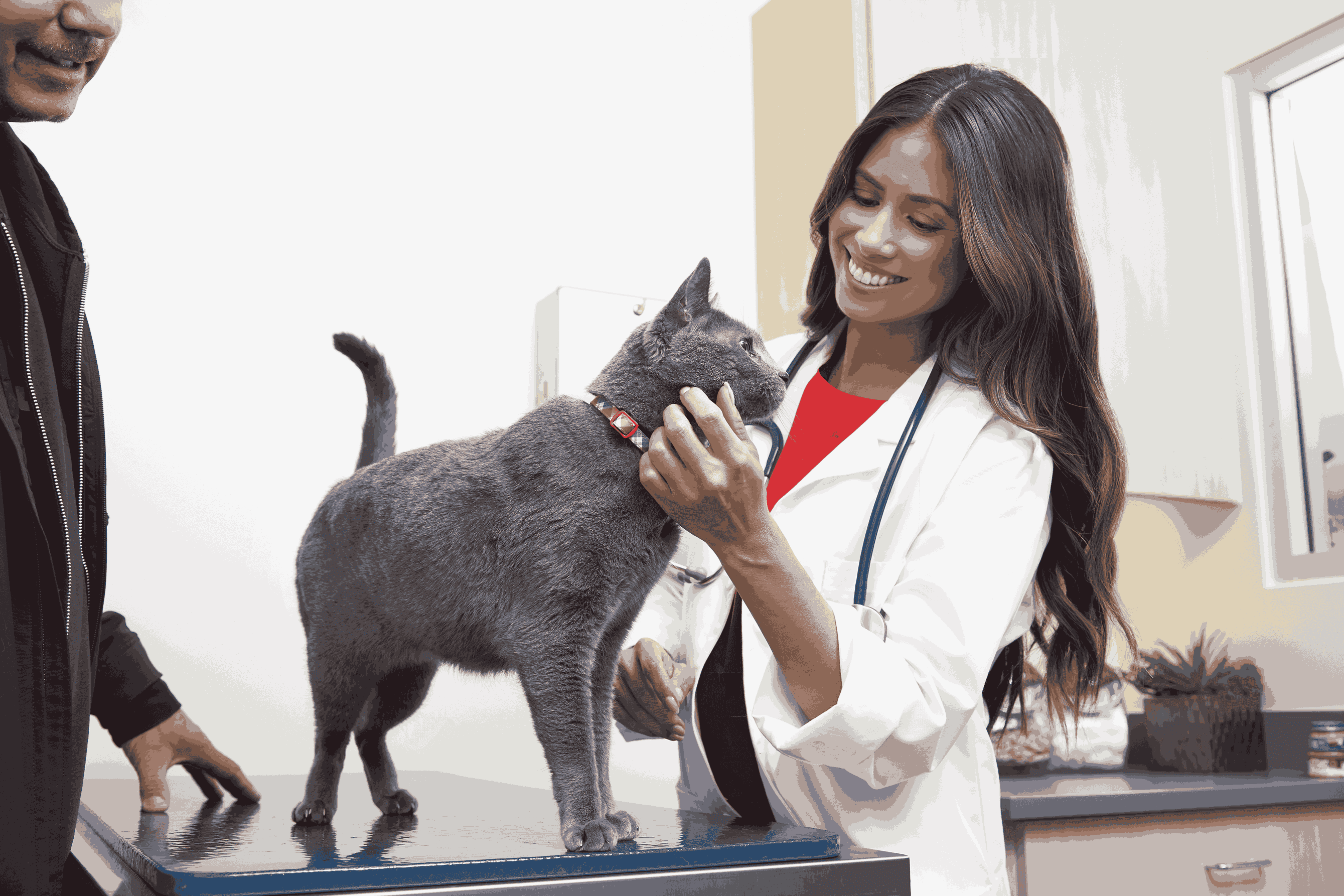Constipation in Dogs: Signs, Symptoms, and Treatment
Constipation

SUMMARY OF CONTENT
SEVERITY:
-
 Diagnosis can be made at home based on physical symptoms or by a veterinarian.
Diagnosis can be made at home based on physical symptoms or by a veterinarian. -
 Resolves after medical treatment of the underlying cause.
Resolves after medical treatment of the underlying cause. -
 Treatable by a veterinarian and the pet parent depending on underlying cause.
Treatable by a veterinarian and the pet parent depending on underlying cause. -
 It’s important to make sure your dog is fed a high quality dog food, has access to fresh water, and is taken out to defecate on a regular bases
It’s important to make sure your dog is fed a high quality dog food, has access to fresh water, and is taken out to defecate on a regular bases -
 Transmission is not possible to other animals or humans.
Transmission is not possible to other animals or humans. -
 Physical exam and pet parent observation, but sometimes diagnosing the cause requires multiple tests
Physical exam and pet parent observation, but sometimes diagnosing the cause requires multiple tests
VERY COMMON IN
Symptoms & Signs
The dog will appear to strain as they try to pass feces, and they will either pass nothing or hard and dry stool. The dog may cry out in pain as they try to pass feces, and there may be blood seen along with the hard and dry stool.
Diagnosis
Diagnosing constipation itself is straightforward, as it is based on clinical symptoms, but tests may need to be done to diagnosis the cause of the constipation. These tests include a physical exam, abdominal palpation, rectal exam, blood tests, urinalysis, barium study, neurological exam, x-rays, ultrasound, and semen test in intact male dogs. A barium study involves giving a dog food mixed with barium sulfate and tracking the progress of the barium through the intestinal tract using x-rays. The semen test in intact male dogs examines the prostate fluid in the sample to identify problems with the prostate gland.
Causation
In intact male dogs, a cause of constipation can be an enlarged prostate. The prostate can become enlarged due to infection, cancer, or inflammation. As the prostate grows larger, it presses down on the colon, preventing feces from passing normally. Dogs can also become constipated from ingesting foreign objects such as hair or carpet fibers, pain that makes it difficult to posture to defecate, certain medications, anal sac impaction, neurological problems, too little fiber in the diet, too much fiber in the diet, lack of exercise, or gastrointestinal tumors. Dehydration can also be a cause of constipation. As feces pass through the colon, water is normally reabsorbed via the colon. When a dog is dehydrated, the colon absorbs more water, leading to dry feces and causing constipation. Neurological problems can include injury to the spinal cord or the nerves leading from the spinal cord to the intestines. Exercise helps stimulate the gastrointestinal tract, and not having enough exercise daily can prevent a dog from passing feces normally.
Treatments
AT-HOME CARE
SUPPORTIVE CARE
MEDICATIONS
DEVICES
SURGERY
SPECIALISTS
Cost Of Treatment
The cost of treating constipation in dogs can vary greatly, depending on how affected the canine is. Mild cases of constipation may be treated through simple OTC remedies recommended by your veterinarian.
Recovery
Prognosis is good, and most cases resolve with treatment that addresses the underlying cause. Long term or chronic constipation may lead to a build up of dry fecal matter that gets stuck in the colon.
Monitoring
Monitor your dog passing feces at least once a day, checking the consistency of the feces. It should be formed, moist, and firm but should indent when pressed with a finger.
Prevention
It’s important to make sure your dog is fed a high quality dog food that contains an adequate amount of fiber. Ensure your dog has access to plenty of fresh water at all times. Daily exercise is recommended to encourage normal gastrointestinal motility.
Disclaimer
The information contained on this page is for educational purposes only. Treatment should only be provided under the advice of a veterinarian who has examined your pet under the laws applicable to your state of residence.
Questions about Constipation in Dogs

Two Easy Ways to Start Earning Rewards!
Become a member today!Members-only pricing and offers, personalized care notifications, Vital Care points back on every purchase and more!Become a credit card member today!
Earn 2X Pals Rewards points at Petco
when you use Petco Pay!APPLY NOWLearn More About Petco Pay Benefits






